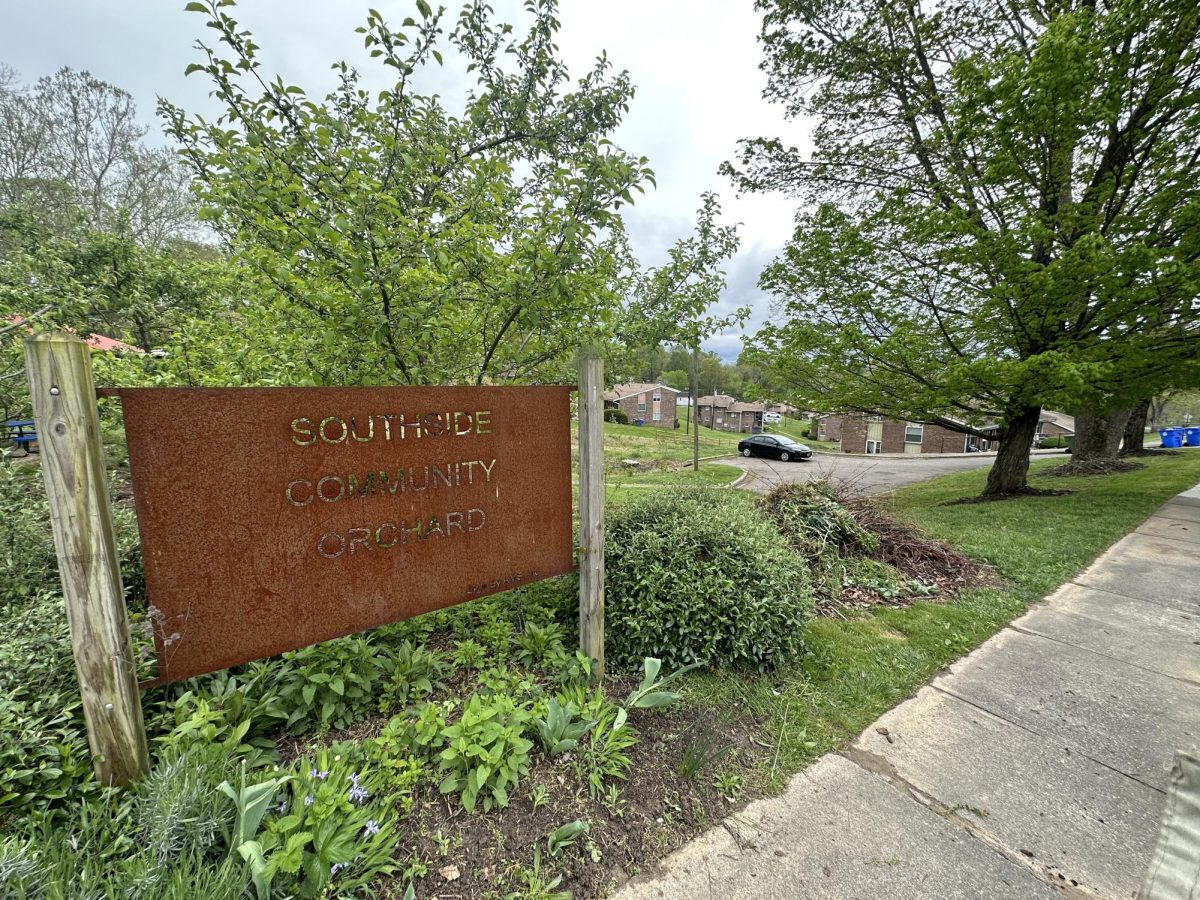Brandon Ayoungchee
Arts & Features writer

Last year was a challenge to UNC Asheville students recovering from the recession caused by COVID-19, but the new year gives new beginnings to some.
Last year, Career Center Director Lisa Mann said it was a tough semester for job seeking.
“The challenges that students are having right now are very often the same challenges they had before the COVID pandemic. A lack of confidence in their ability to find something and an over-reliance on online job postings,” Mann said in August.
Mann said students face problems finding employment, regardless of a COVID-19 environment. She said there simply isn’t enough effort or confidence for a student toward finding employment.
“Putting time and effort into a job search, tailoring your resume and utilizing real humans for information gathering and networking yields much better results than sending out the same resume over and over to online job boards. The dip in the economy means it’s more important than ever that students use methods that are effective,” she said.
The career center moved all of their services and events online. According to Mann, the change is surprisingly successful and more accessible than ever before. However, she said students are less willing to find employment due to COVID-19’s effect on the economy.
“A big challenge we’ve run into are students who believe it’s pointless to job search right now. It’s definitely not. There are still many open positions and the pandemic is not a reason to take time off from pursuing something you want to do or trying new things provided they follow safety measures,” she said in August.
The door to internships remains open, according to the career center director. The world’s economy may have dipped, but job opportunities still exist. Mann said, with guidance and help from the career center, students will surely be on their way.
“There are so many opportunities right now. And, the really cool thing is that companies who would have hosted in person internships before have moved their internships into the virtual space, which means location no longer has to be a limitation if you’d like to work for a company outside the area,” Mann said.
In 2021, as the new year and semester starts for UNCA, Mann said she’s optimistic about a possible increase in employment.
“We’re seeing our students and alumni regaining a bit of hope. This time last year, unemployment in our region suddenly spiked to levels higher than we’ve seen in our lifetime — now we’re back to being one of the most employed metro-areas in the state. Students are talking about pursuing their goals rather than putting them off to wait and see what happens, as they were last year. We’ve seen a big increase in summer internships for 2021 and some companies are already posting for 2022. They went without a lot of help in 2020 and are ready to seek it out and hire,” Mann said.
As every semester, the career director said students come to them when in desperate need of work. The transition to online was a success and still continues to be.
“In transitioning online, we’ve found that we can now be wherever students need us. We will likely keep the virtual appointment as an option moving into the fall semester, when we’re all back on campus, but we anticipate that students will be able to come and see us in person too when they’re ready,” Mann said.
According to Associate Director for Employer Relations David Earnhardt, he sees a mild increase in employment in the state. He claims it to be a small victory.
“The official unemployment rate is currently 5.6 percent in Buncombe County, down from 16.5 percent in April 2020, compared to 6.2 percent statewide and 6.3 percent nationwide. This rate includes discouraged workers, those underemployed and marginally attached. The U-6 usually does a better job of accounting for underrepresented groups as well, so it’s more accurate in my opinion. That rate is 11.6 percent nationally, down from 22 percent in April. Better, but still a ways to go before full employment, around 5 percent nationally,” Earnhardt reported.
Justin Greenbaum, a 23-year-old business management transfer student from Pittsburgh, applied to UNCA and started work as a child care worker at the Jewish Community Center. The Jewish Community Center kept Greenbaum as a worker, but temporarily shut down all child care operations from March until May.
“For a time, my after-school program was canceled, just like school was, but when I came back, the day camp was running. This decision was reached because we had far fewer people, because the Jewish Community Center needed money and because parents needed to take their children somewhere to stay while they worked. Child care is an essential work because of this,” Greenbaum said in August.
Greenbaun said he is very lucky being able to return to work and having the skills to manage his money. He had knowledge to cut his expenses and put his money to good use in the time he was out of work.
“I’ve always had a habit of saving money. I don’t spend more than I need to. However, I had to cut back on spending because I was out of a job, but at the same time I had to spend money because I was trapped at home all day,” Greenbaun said.
Greenbaun said his steadfast reaction to cut spending stabilized his bank account. He returned to work and was glad to be back.
“Everything has become normal for me. The changes at my workplace are now routine and the stress of change which I once had is gone. In its place, I now hold new ‘normals’ and different things to be grateful for,” Greenbaun said.
The college junior said he’s worried about how other students can pay for school because most students work in the service industry, which is restricted due to COVID-19.
“It’s a lot to balance a part-time job, finances and a full-time school schedule. The cost of living in Asheville is incredibly high, and the wages are significantly lower than they should be. Trying to do things like paying for tuition is much more difficult when I’m trying to pay my rent and bills,” Tori Rigsby, a 23-year-old, junior at UNCA, said.
The UNCA student said he faces financial hardships that some students might not.
“I was raised in the lower-middle class; I grew up in the country right outside of Asheville. I grew up in a double-wide trailer, but it was nice. Our family was not wealthy by any means. Both of my parents were non-college-educated, blue collar people who just worked their whole lives,” Rigsby said.
Rigsby said he graduated from a local Buncombe County high school and now attends UNCA.
“I noticed that most kids that got into college took honors or advanced placement classes, but of course, this is locally going to Clyde A. Erwin High School. Most kids were lower or middle class and it came down to having perfect grades for you to have a chance of going to college. The school only encouraged a select few to go to college, only the students they thought had a chance, which is the sad reality of most local high schools in the region. I had to take honors classes and advanced placement classes and do as many extracurricular activities as possible to look good for a college,” Rigsby said.
The full-time student works part-time for Asheville City School’s safety department. Rigsby said it is much harder for him to be in school than for someone who doesn’t have to work.
“I don’t get financial aid and the school hasn’t reached out to me about being able to afford my classes, so working is a necessity. I’m working to live and pay for school. I want to be in school, but I also have to live, you know,” Rigsby said.

















